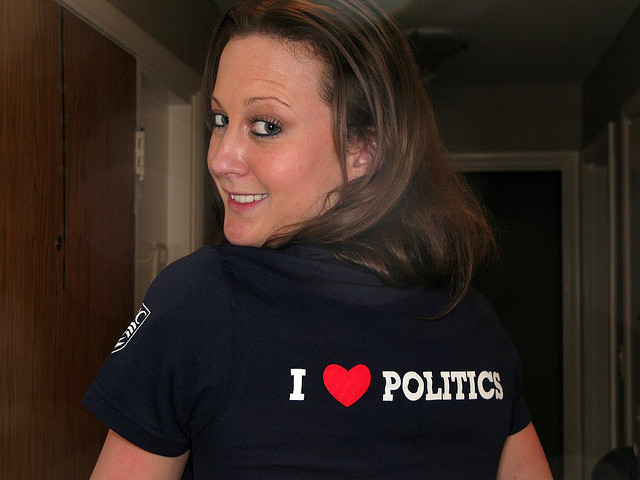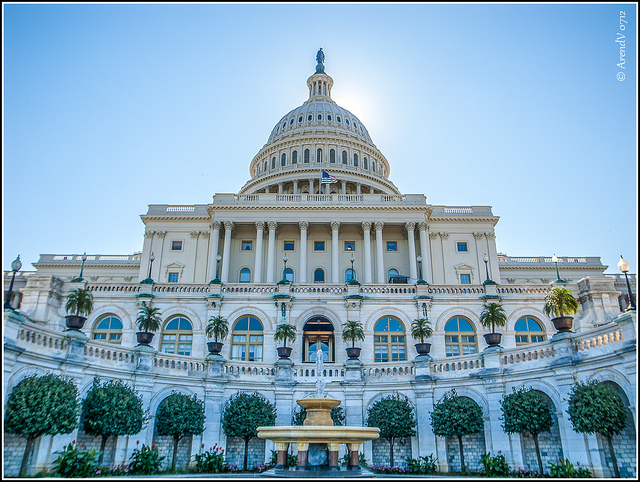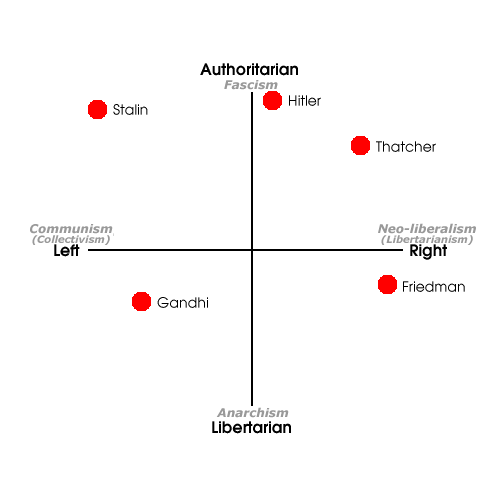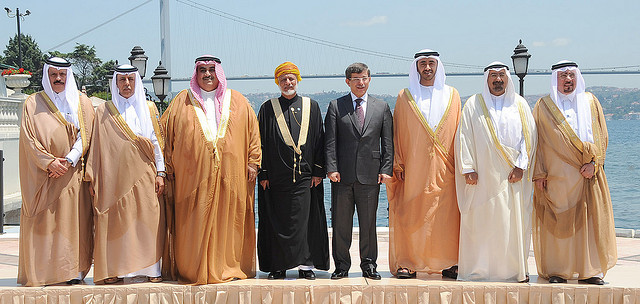The Arabic Guide on Must Know Words about Politics Posted by jesa on Jul 26, 2015 in Arabic Language, Vocabulary
Marhaba! Over the past months, I have shared the most common words about politics in Arabic. You have learned the most common words about government (الحكومات) and politics (السياسة) in Arabic; the most common government systems (أنظمة حكومية) in Arabic; the most common political ideologies (ايديولوجيات سياسية) in Arabic; and the most common political actors (وظائف سياسية) in Arabic. Today, I want to go over all these must-know and most common words to provide them in a one concise post that you can memorize, practice, and confidently use in your writing. I have also transliterated each word so that you can learn how to pronounce them properly. Consider this as your ultimate Arabic guide on the most common words about politics and government in Arabic.
Government — حكومة
Transliteration: Hu-ku-ma
Party — حزب
Transliteration: Hi-zib
Bloc — كتلة
Transliteration: Kut-la
Representative — ممثل
Transliteration: Mu-ma-thil
Politics — السياسة
Transliteration: al-si-ya-sa
Citizen — مواطن
Transliteration: Mu-wa-tin
Republic — جمهورية
Transliteration: Jum-hu-ri-ya
Authority — سلطة
Transliteration: Sul-ta
Judicial — قضائي
Transliteration: Qa-da-‘i
Constitution — دستور
Transliteration: Dus-tur
Autocracy — أوتوقراطية
Transliteration: U-tu-qra-ti-ya
Democracy — ديمقراطية
Transliteration: Di-mu-qra-ti-ya
Theocracy — ثيوقراطية
Transliteration: Thi-yu-qra-ti-ya
Mandate — انتداب
Transliteration: In-ti-dab
Empire — إمبراطورية
Transliteration: Im-ba-ra-tu-ri-ya
Monarchy — ملكية
Transliteration: Ma-la-ki-ya
Dictatorship — دكتاتورية
Transliteration: Dik-ta-tu-ri-ya
Federalism — فيدرالية
Transliteration: Fi-di-ra-li-ya
Republic — جمهورية
Transliteration: Jum-hu-ri-ya
Colony — مستعمرة
Transliteration: Mus-ta-ma-ra
Arabism– عروبة
Transliteration: U-ru-ba
Totalitarianism — شمولية
Transliteration: Shu-mu-li-ya
Fascism — فاشية
Transliteration: Fa-shi-ya
Communism — شيوعية
Transliteration: Shu-yu-i-ya
Socialism — اشتراكية
Transliteration: Ish-ti-ra-ki-ya
Capitalism — رأسمالية
Transliteration: Ra-‘is-ma-li-ya
Anarchism — فوضوية
Transliteration: Faw-da-wi-ya
Conservatism — المحافظة
Transliteration: Al-mu-ha-fa-tha
Pluralism — تعددية
Transliteration: Ta-a-du-di-ya
Liberalism – الليبرالية
Transliteration: Al-li-bi-ra-li-ya
President – رئيس
Transliteration: Ra’is
Prime Minister — رئيس الوزراء
Transliteration: Ra’-is al-wu-za-ra’
Governor – محافظ
Transliteration: Mu-ha-fith
King – ملك
Transliteration: Ma-lik
Ambassador – سفير
Transliteration: Sa-fir
Counselor – مستشار
Transliteration: Mus-ta-shar
Minister – وزير
Transliteration: Wa-zir
Representative – ممثل
Transliteration: Mu-ma-thil
Official – مسؤول
Transliteration: Mas-‘ul
Member of Parliament – نائب
Transliteration: Na-‘ib
For now take care and stay tuned for upcoming posts!
Happy Learning!
Have a nice day!!
نهاركم سعيد

Build vocabulary, practice pronunciation, and more with Transparent Language Online. Available anytime, anywhere, on any device.
About the Author: jesa
Salam everyone! Born as an American to two originally Arab parents, I have been raised and have spent most of my life in Beirut, Lebanon. I have lived my good times and my bad times in Beirut. I was but a young child when I had to learn to share my toys and food with others as we hid from bombs and fighting during the Lebanese Civil War. I feel my connection to Arabic as both a language and culture is severing and so it is with you, my readers and fellow Arabic lovers, and through you that I wish to reestablish this connection by creating one for you.








